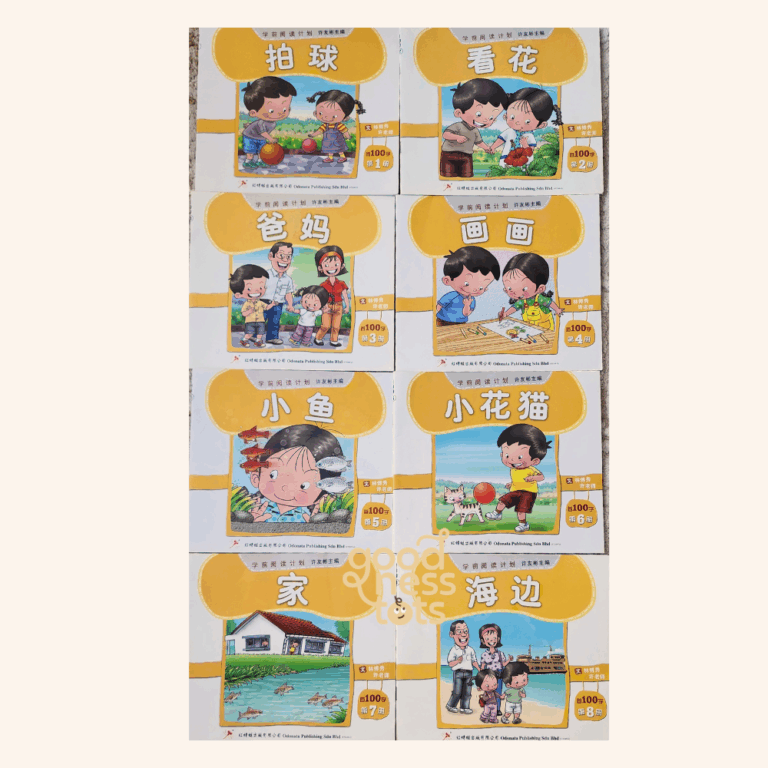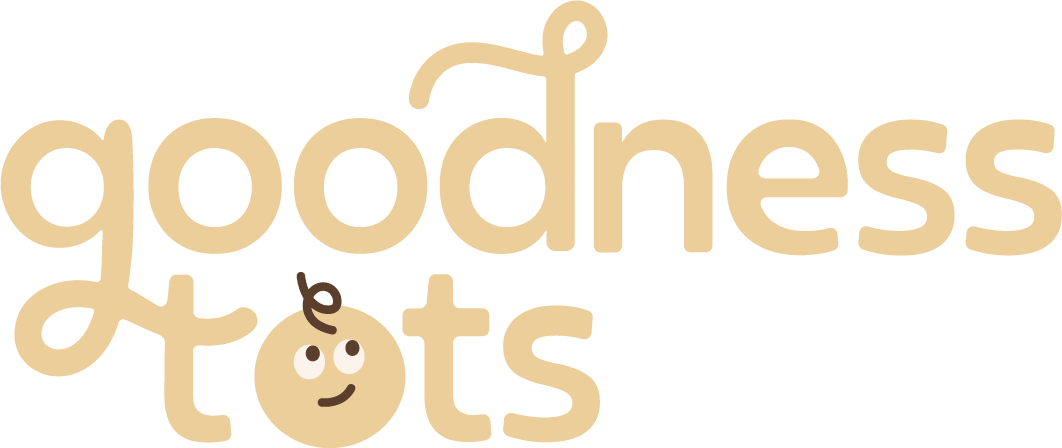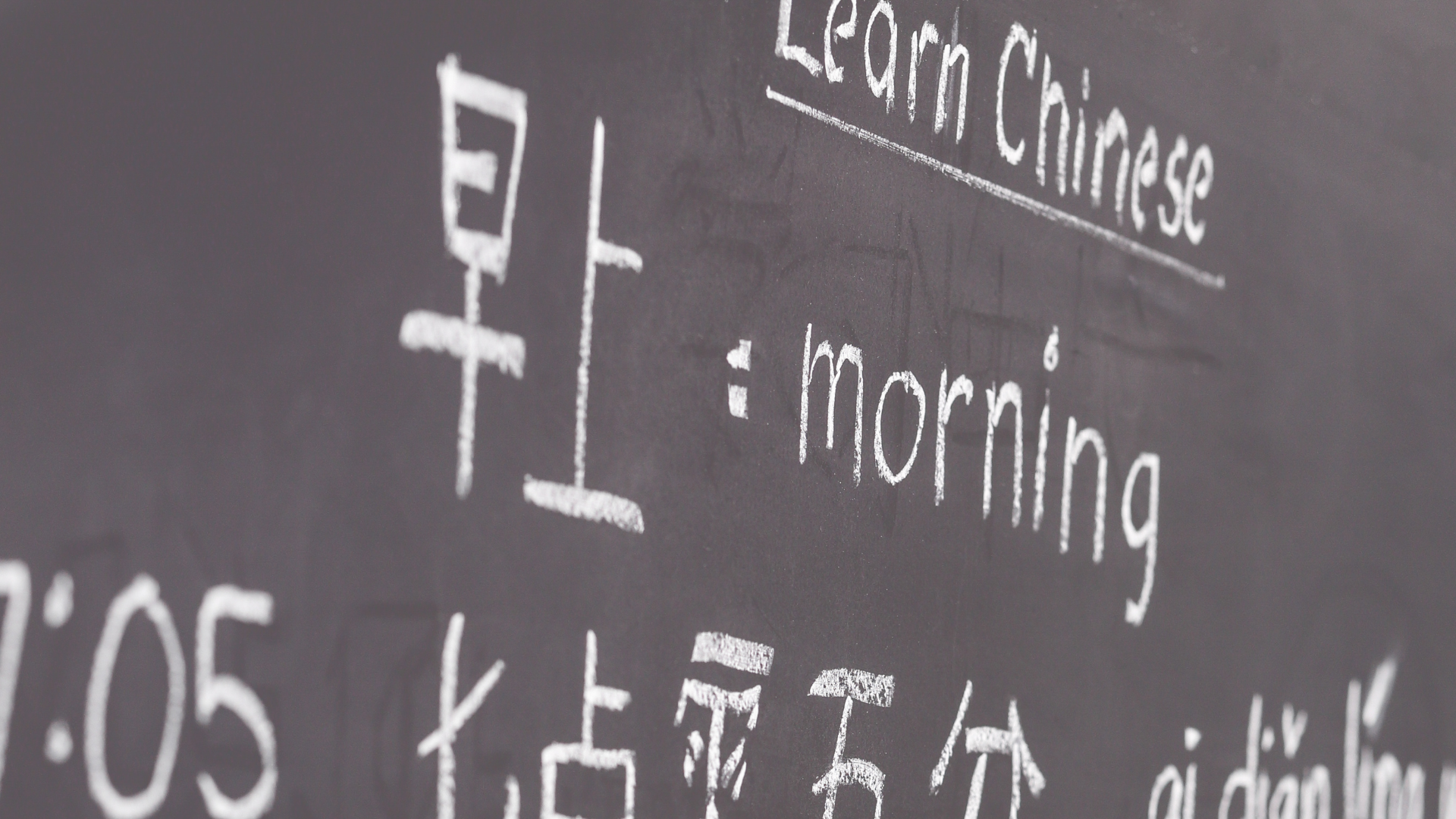Native but not Quite
I’m from Malaysia which means I don’t just speak one language, I speak at least 3. As a Malaysian Chinese though, I didn’t learn to speak Mandarin at all in my younger days – years of my mum trying to force me into an after school initiative called People’s Own Language (POL) proved futile when I kept skipping it to go play catch with friends instead.
I grew up fluent in Malay (Malaysia’s National Language), English (Both my mum and dad grew up speaking English and Hokkien) and Hokkien (a spoken Chinese dialect commonly used by Hokkien people a.k.a my family)
Mandarin is THE lingua franca of Chinese people — I’m not fluent in that (can’t read and write either) and if it wasn’t for my experience in Singapore I would have never picked it up, so I’m native but not quite…
How Singapore influenced me
At the “ripe” old age of 23 I moved to Singapore (for work). Surrounded by colleagues who spoke Mandarin (DAILY), I eventually forced myself to pick it up. Encouraged by my colleagues who taught me and corrected my intonations, I moved back to Malaysia at the age of 29, fully able to hold a conversation . Who knew , all it took was almost 6 years in another country (and very supportive friends!)
When I was working in Singapore and my peers realised I could not speak Mandarin , I attracted a lot of bemused questions…. Singaporeans weren’t entirely used to it because nationally , mother tongue (a.k.a Mandarin if you were Chinese) was a compulsory subject therefore if you were Chinese, it was a fair assumption that you would know at least rudimentary Mandarin.
These confused looks I got when I told people I was Chinese but didn’t know Mandarin, stirred a sort of identity crisis in me.
Prior to me moving to Singapore, not knowing Mandarin was just another personal quirk but now, it felt like I was truly losing out on a cultural connection between other Chinese people.
I then realised that, I wanted my future child to be exposed to the Mandarin language. Having married interracially, I was adamant on my child being exposed to and knowing a part of my Chinese heritage.
Mandarin Resources for Adults
I was pregnant with my son during Malaysia’s Covid-19 Lockdown and what this meant was having ample time (after I had quit my job). To keep myself busy , I decided to look for online mandarin courses but none were affordable or had native teachers. Then I stumbled upon coursera which at the time had free HSK courses. HSK (Hanyu Shuiping Kaoshi) is an international standardized exam for Chinese language proficiency. It’s recognized and supervised by the Ministry of Education in the People’s Republic of China making it the gold standard for anyone taking Chinese as a second language.
Taking a course and doing some HSK online exams exposed me to a lot more grammar and vocabulary structure. HSK was doable for me as I already had some background speaking the language but if you’re completely new at this , you might need to look up your nearest learning centre. Learning with an actual teacher is going to definitely be easier for you!
Mandarin Books for Kids and Toddlers!
(This section contains affiliate links. I may earn some commission when you purchase through my link at no added cost to you)
I stumbled upon the Odonota series (produced by 红蜻蜓学前阅读计划) while browsing around Popular Bookstore’s mandarin section. I wanted a book series that
- targeted kids (cute pictures , easy story line etc)
- and had proper grammar and vocabulary progression
- had some pinyin guidance thrown in there for illiterate parents like me
And this series fit the bill!
It was also important that the book had grammar and vocabulary that was applicable in the Malaysian context. In the past, there were a series of books from HK (Sage 500) that were quite popular for being an easy series (with hanyu pin yin) but eventually I realized the grammar and sentence structure was not really suitable in the Malaysian context, in spite of their popularity in both Singapore and Malaysia.
The Odonata series have served my son and I well so far! Being a levelled reading series, it progressively goes from 100 words to 1200. Vocabulary building is done through simple stories similar to the English equivalent Peter and Jane series.
Support for non-native speakers
For parents who don’t speak Chinese and may not be familiar with the intonations of the language , the odonata series also comes with Audio CD to aid reading (although I’m really not too sure who uses CDs these days)
There are also flash cards (not the best quality) and workbooks as well as additional supplementary reading books (Graded Learning Short Stories)
Where to Purchase?
I’ve only ever seen them offline at Popular Bookstore otherwise online at Shopee (Malaysia) where Odonata has an official storefront



My personal preference is to purchase online HERE
At Popular Bookstores they sell it individually which means you might not be able to buy a whole set at the shop. It’s also slightly more expensive offline.
TL:DR; my personal recommendation for parents who are toying with the idea of sending their child to SJKC (Chinese Vernacular schools in Malaysia) without any mandarin background (like me) is to first
- expose yourself to the language. Listening to it, trying to speak it, take a class etc.
- learning to read on your own. Buy a children series and learn to recognize the characters and read on your own
It was personally important to me to learn formal Mandarin on my own because I wanted to see first-hand what the pain points were.
When I started introducing my son to Mandarin colours, shapes, numbers etc. I made my own flash cards taught him how to recognize the Chinese characters before we moved on to Odonata series.
The Chinese language is a little more complex and nuanced than the English language, so having a basic understanding will definitely help when introducing Mandarin to your child!
My child is currently enrolled in a Chinese Medium kindergarten but he started his reading journey at the age of 3 at home with me.
It’s common knowledge (and practice) that a child has to be enrolled in Chinese Kindergarten before progressing on to a Chinese Vernacular School, this is to give the child adequate exposure to the Chinese Language but I also do recommend that parents (native or not) guide your child at home with series like Odonata, it’s simple and keeps your child consistent in their Mandarin learning journey!
Good luck Mamas!



